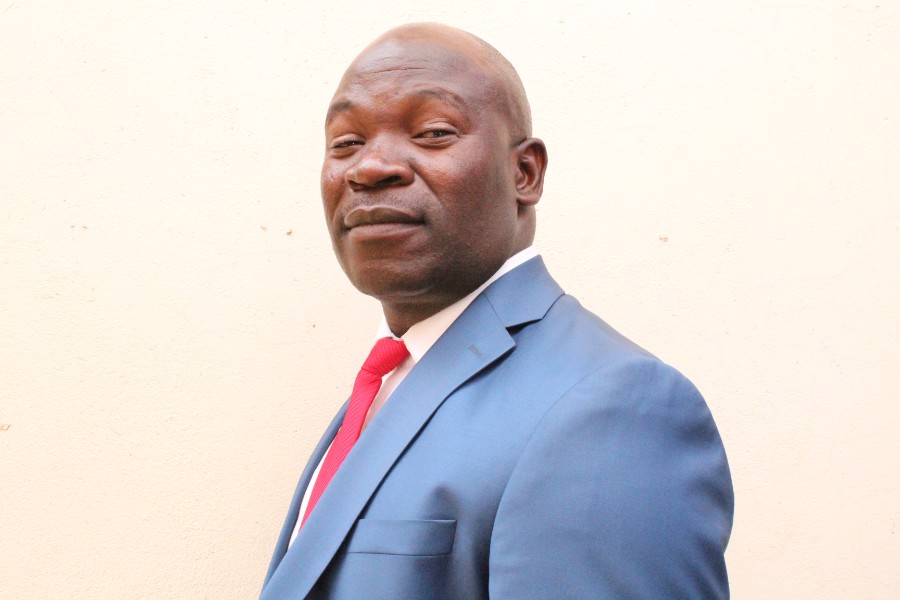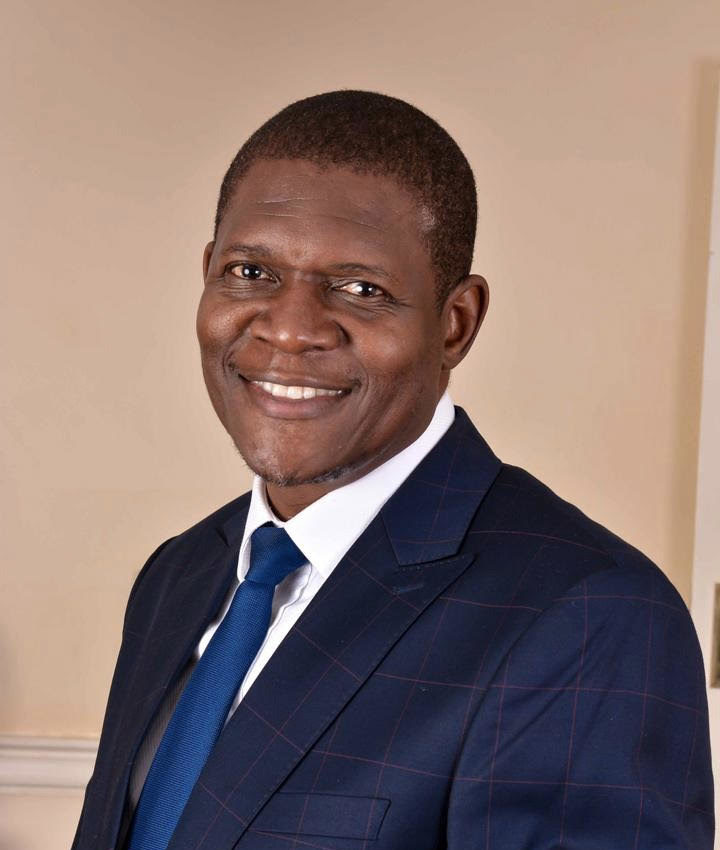Econet Wireless, the leading telecommunications company in Zimbabwe, says difficulties in accessing foreign currency to fund its network expansion projects, upgrade its existing infrastructure to improve quality of service and pay recurrent service licence fees to foreign
suppliers, remains the industry’s greatest challenge.
Econet chief operating officer Kezito Makuni made the remarks during a tour of the company’s Msasa head office in Harare by the ICT Parliamentary Portfolio Committee on Tuesday. During a question and answer session following a presentation to the Parliamentarians, Makuni said constraints around foreign currency availability continued to be the biggest challenge bedevilling the industry and his company.
“Our capital and operational costs – from investment in infrastructure and network upgrades to systems support services and software licences – all require foreign currency, and we have not had much success in getting forex from the auction system,” he said.
The ICT Parliamentary Portfolio Committee delegation, headed by its Chairman Southerton Member of Parliament Hon Peter Moyo, discussed a wide range of issues with Econet executives, led by Deputy CEO Roy Chimanikire. These included the impact of foreign currency shortages on the sector, the industry’s high tax burden and the impact of power cuts on service delivery, among other things.
Official figures show that the Reserve Bank of Zimbabwe (RBZ) has so far disbursed over US$2 billion since the Dutch foreign currency auction system was started in June 2020. However, of that amount, all the three main mobile network operators (Econet, NetOne and Telecel) have only received about US$9 million – less than half a percent of all the disbursed funds.

Econet, which requires close to US$130 million for its annual capital expenditure and to settle its foreign currency obligations, says it has so far not yet received any allocations this financial year (beginning March 2021).
Makuni said the operational challenges have resulted in the company struggling to meet its capacity expansion plans on time, along with its routine maintenance requirements.
“But we remain hopeful, and continue to engage all the relevant stakeholders, to come up with policy interventions that will result in improvements in foreign currency availability and drive the growth of the digital economy, for which the ICT industry plays a key enabling role,” he said.
The Portfolio Committee chairman said Parliament will work with all stakeholders to ensure that the issues raised by the ICT industry players were heard and addressed.
“We will do everything in our power to help the telecommunications sector to play its important role
in delivering high quality service to all Zimbabweans,” he said.




